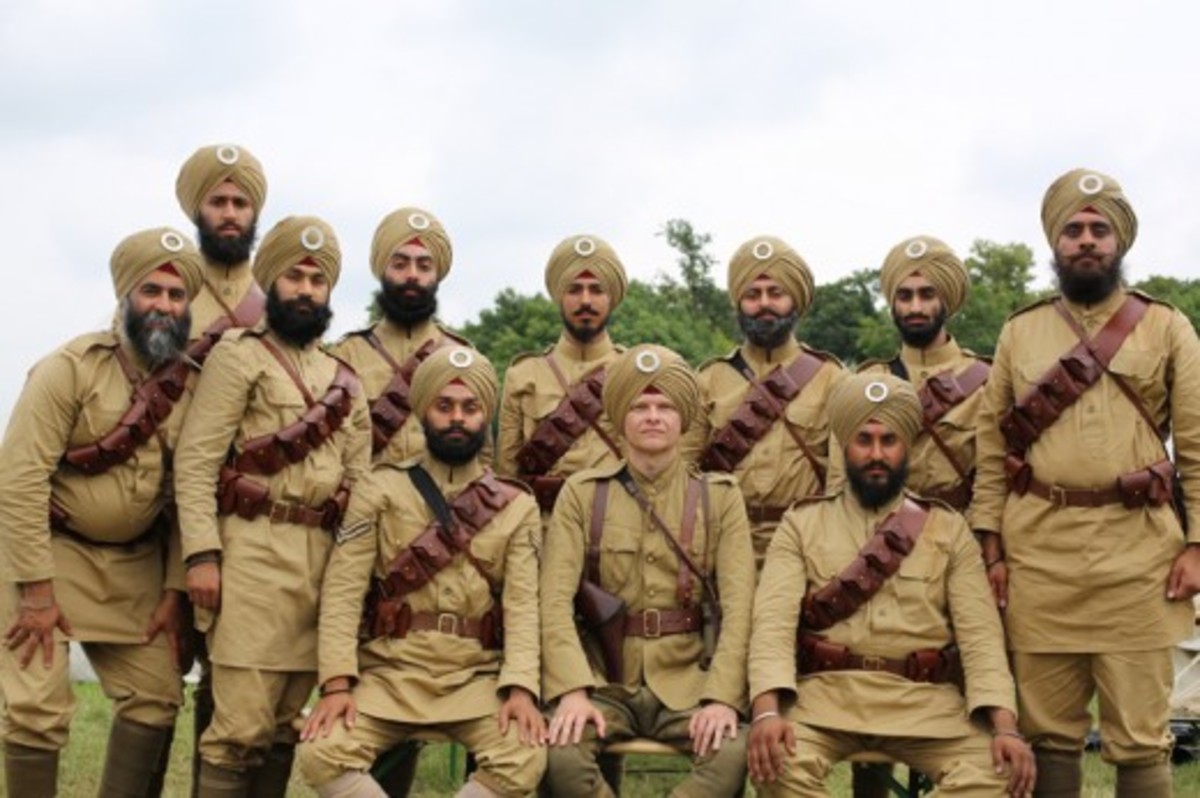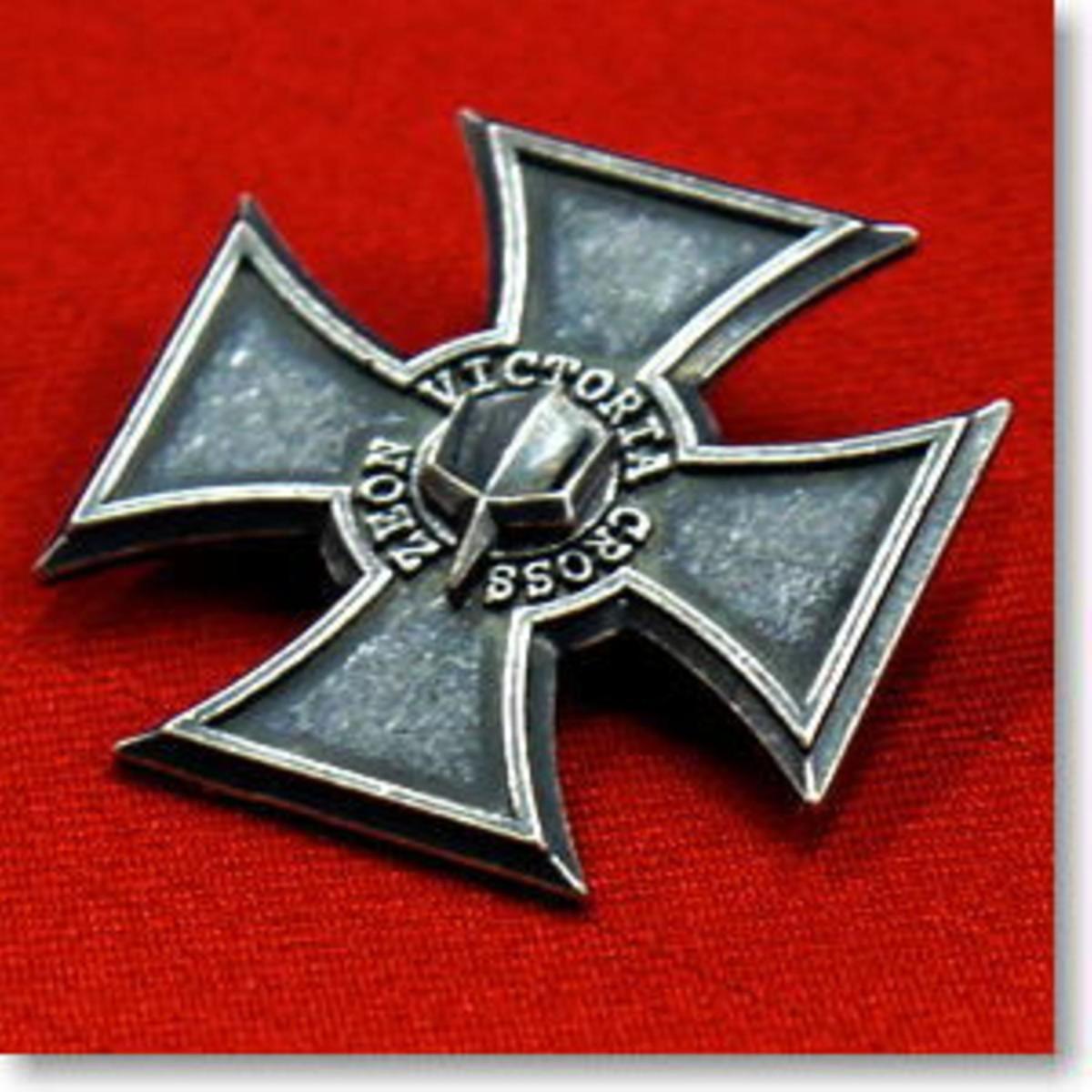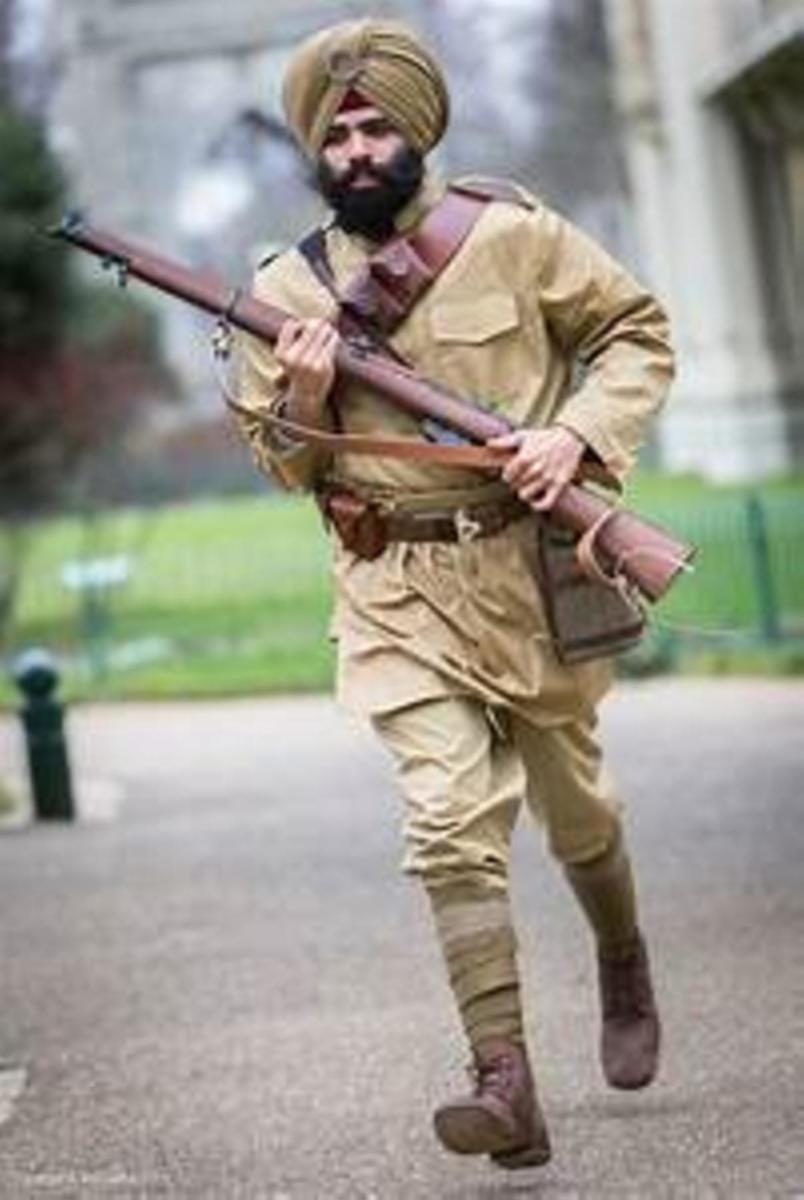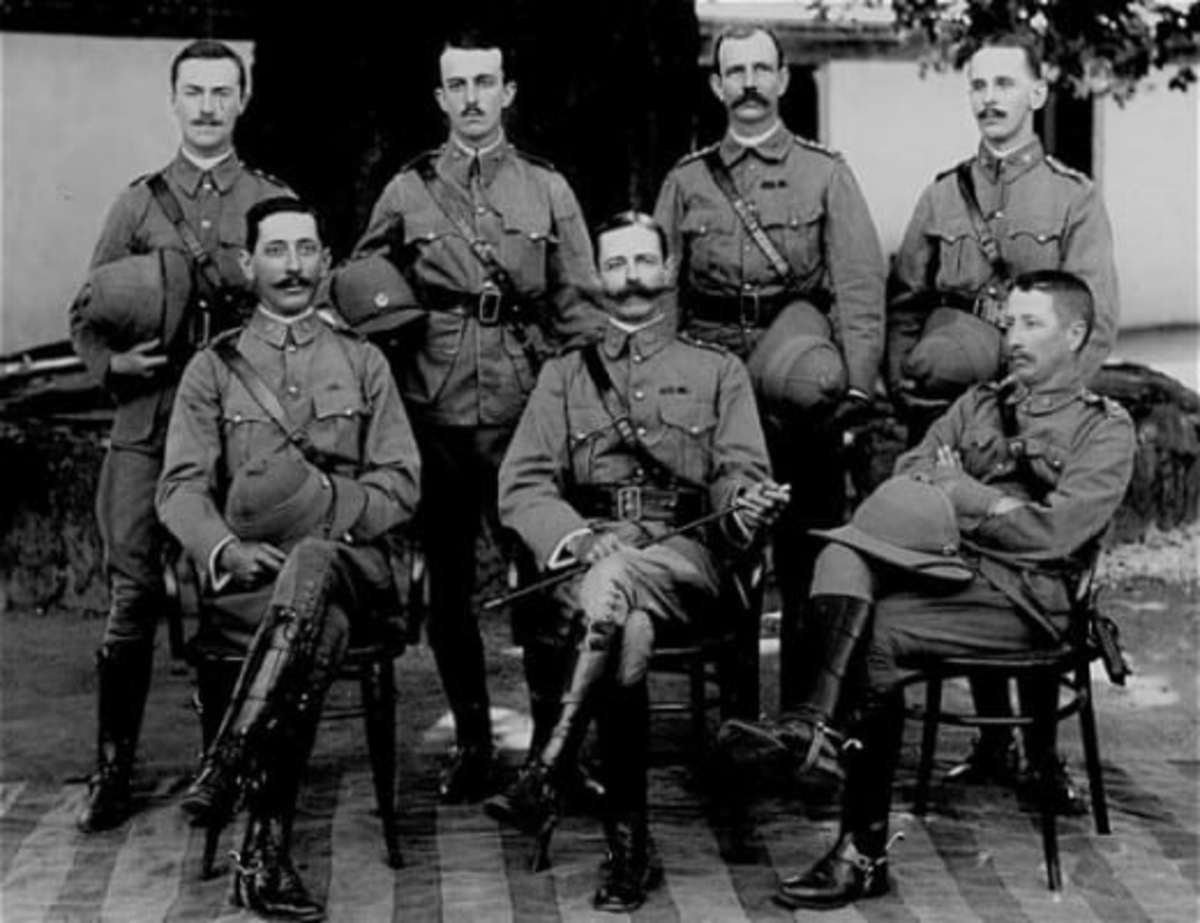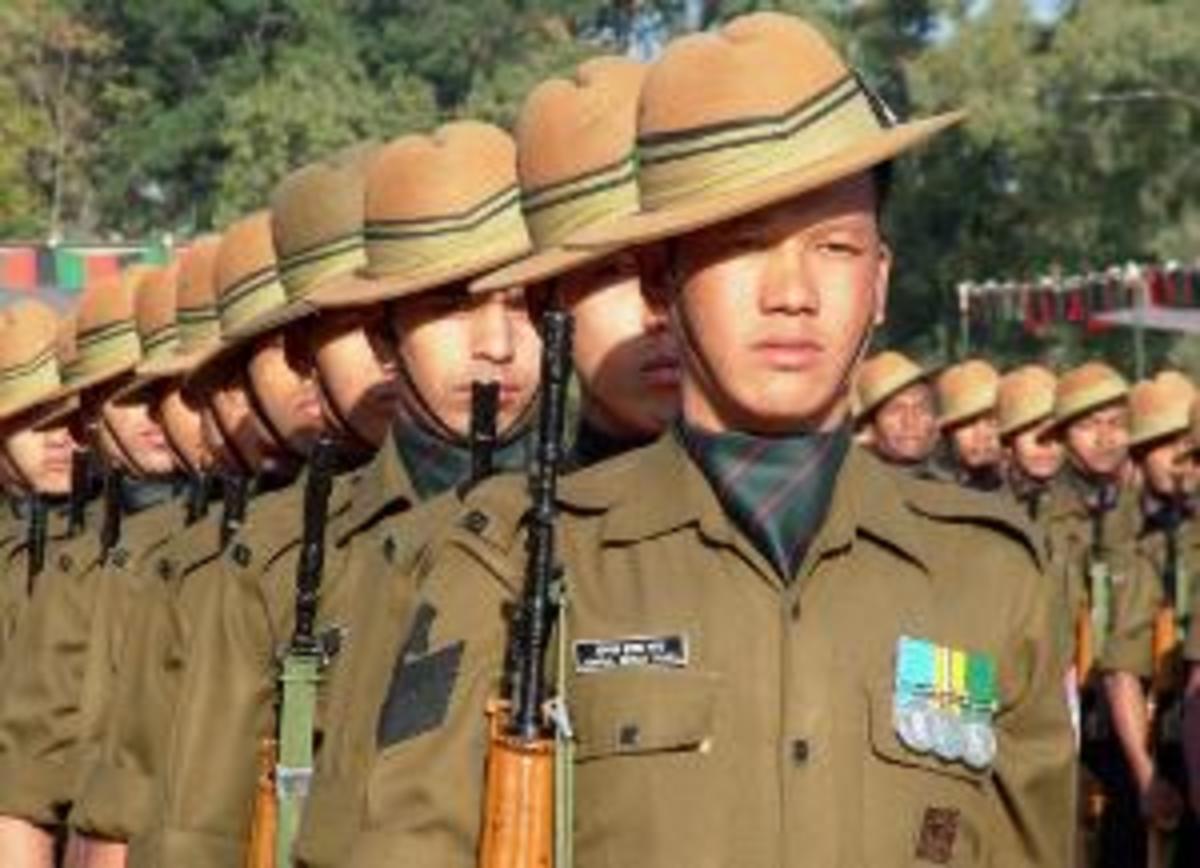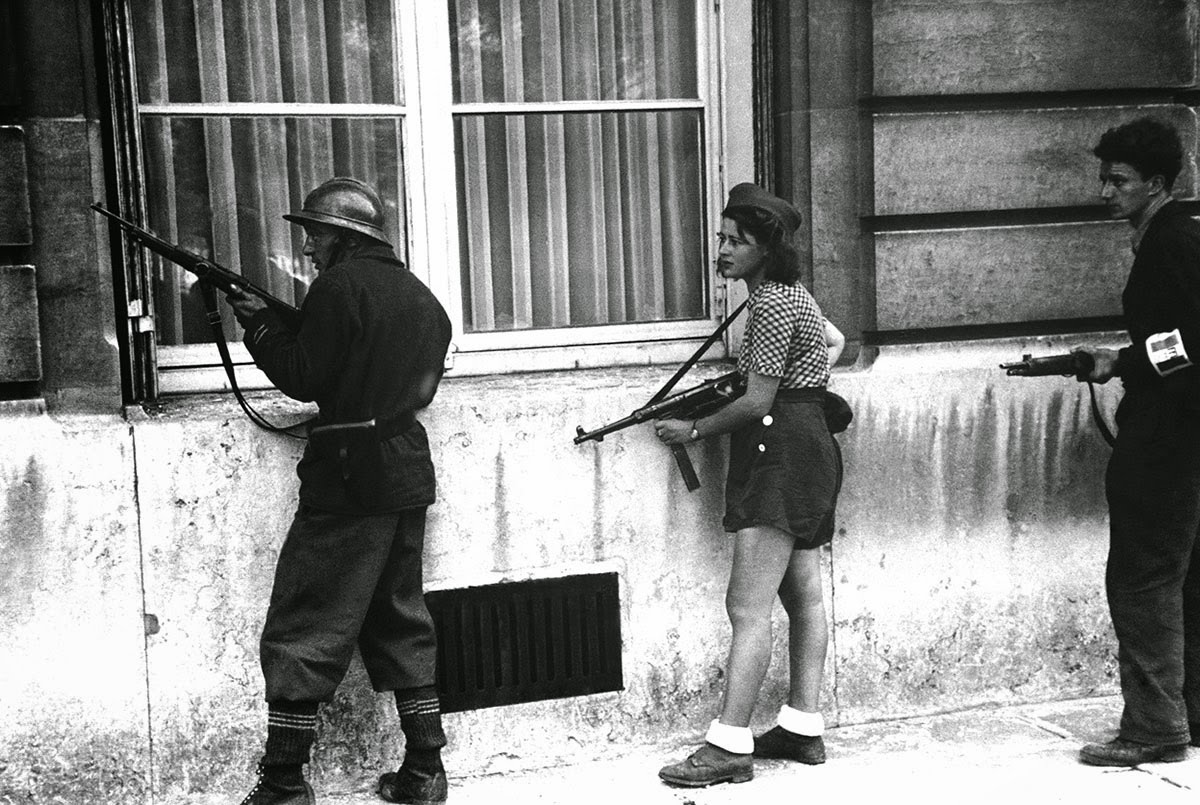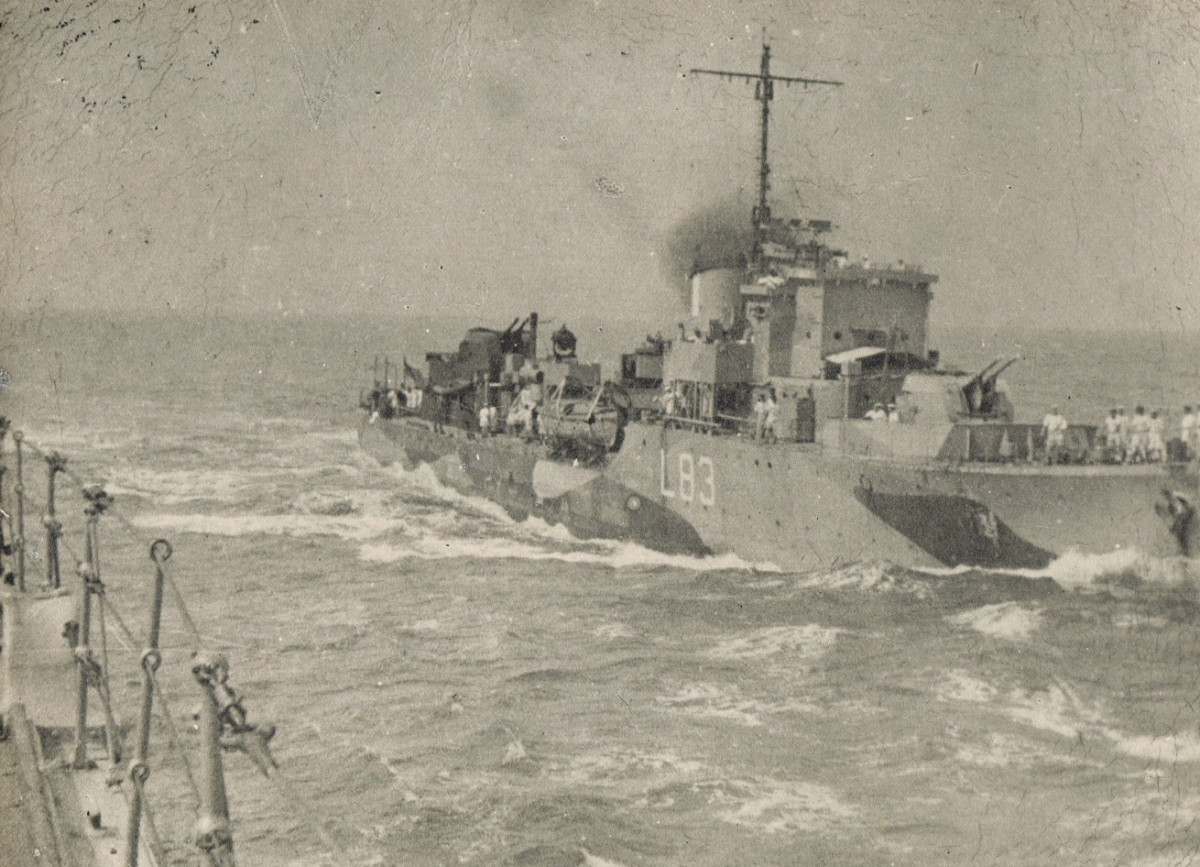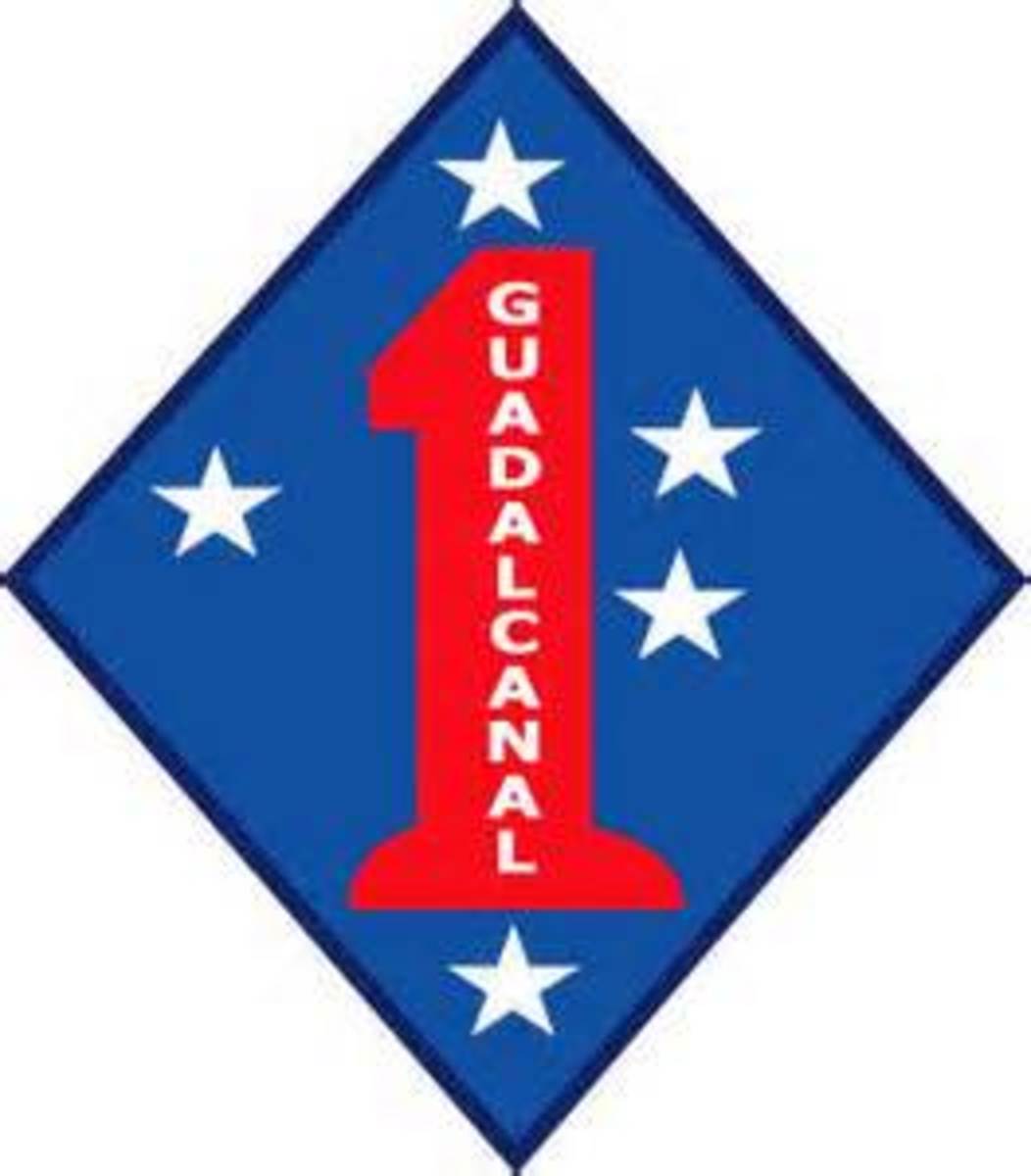- HubPages»
- Education and Science»
- History & Archaeology»
- Military History
Exploits of Major ( Bob) Khaithing, the Manipur Tribal Indian Army Officer Who Brought Tawang Into Indian Fold
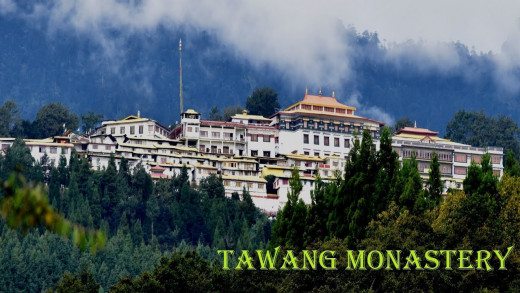
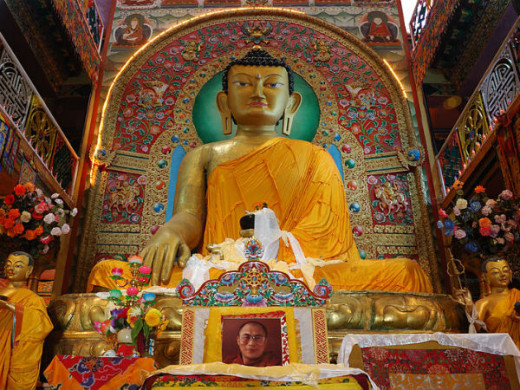
Major Bob Khaiting
I will start this true tale with an introduction to Major Relangnao( Bob )Khaithing and the town of Tawang. Bob Khaithing was a tribal from the state of Manipur. He was born in 1912 at Ukhrul close to Imphal which is the capital of Manipur. He was educated at the Johnston secondary school in Imphal and the Bishop Cotton College, Gauhati.
In 1941, the Japanese had invaded Burma and there was a fervor to join the British Indian Army. Khaithing applied to the officer corps of the British Indian army but as he was 5'3" it was difficult for him to be selected as the minimum height specified by the British for tribals was 5'4". The medical officer seeing his enthusiasm overlooked his height and he was sent to the officers training school.
He was commissioned as a second lieutenant in the Indian Army and was seconded to the 19 Hyderabad Regiment ( later the Kumaon Regiment). He went into battle against the Japanese who had surrounded Imphal in 1944. This was the Japanese 15th Army and it had set its goal as the capture of Delhi. The Indian wartime leader Subhash Chandra Bose was leading the Indian National Army consisting of defectors from the Indian Army along with the Imperial army. The Japanese were halted at Imphal and Khaithing was awarded the Military Cross and the CBE. At the end of the war, he was a major but the Raja of Manipur prevailed upon him to resign from the army and join his government. He has the distinction of being the first tribal officer of the British Indian Army and he had a halo around him.
In 1948, he was inducted into the cabinet of the Raja of Manipur. He favored the integration of the state with India. In the same year, the Raja signed the instrument of accession and became a part of the Indian Republic. For some time major Bob Khaithing was seconded to the Gorkha rifles which were a paramilitary force raised by the British. This force is still in existence and does service on China and the Burma border.
Major Khaithing later became the chief secretary of Nagaland in 1967 and 1972 was appointed as India's ambassador to Burma. He had a distinguished carrier and died in 1990 at his hometown leaving behind a legacy that is difficult to match. He was instrumental in extending Indian control over the town of Tawang and for that India will forever be grateful to him.
Tawang is very close to the border between Bhutan and Tibet. It is a small town with a population of about 12,000 but is one of the biggest centers of Buddhism. It hosts the second biggest monastery dedicated to Buddhism in the world. The sixth Dalai Lama was born here and for centuries it was under Tibet control till Bob Khaithing incorporated it into India.
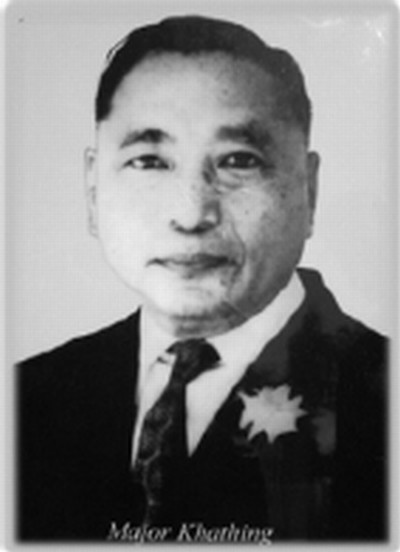
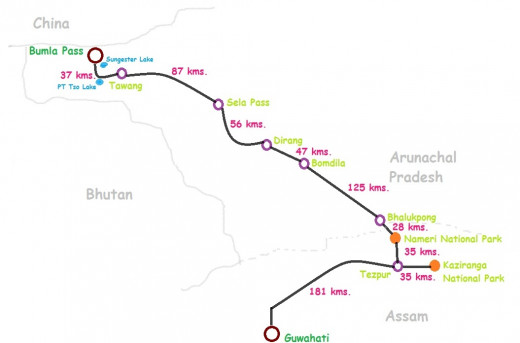
Tawang : part of India
Momentous events were taking place in Asia, in particular China. After the end of World War II and the defeat of the Japanese because of the dropping of two atomic bombs by the Americans, a civil war had erupted in China. It was a no-holds-barred battle between the communist party led by Mao- Tse -Tung and the Nationalists ( Kuomintang) led by General Chiang- Kai- Shek. The Nationalists were supported by the Americans but despite massive American aid in arms and money, General Chiang Kai Shek was defeated and had to flee to Formosa.
Chairman Mao now turned his attention to Tibet. In 1949, the communist state had been proclaimed and India under Pandit Nehru was the first state to recognize it. Nehru had thought that India and China should be friends and he did not in any way want to antagonize China. There were many people who felt that Nehru was not in touch with reality and among them was the governor of Assam, JairamDas Daulatram. The governor was convinced that the Chinese could not be trusted and he was keen that India should extend its reach up to the Mac Mohan line.
At that time major Bob Khaithing was seconded to the Assam rifles. He was called by the governor and they had a momentous meeting in Shillong.
'' Look, " the Governor told him," the Chinese have invaded Tibet and I want you to go to Bombdila and then to Tawang and hoist the Indian flag there. We must ensure that the town of Tawang does not fall into the hands of the Chinese."
Major Khaithing as a true nationalist immediately agreed but he had a question, "sir what about Pandit Nehru and New Delhi, they may not approve of it."
The governor continued," this information will not be known to Pandit Nehru and New Delhi until you have hoisted the Indian flag at the Tawang. I am also aware that the people of Tawang will welcome you as they would like to be with India and not with China"
The dice were thus cast and the major immediately made his plans as instructed by the governor. He collected two companies of the Assam Rifles and set off towards Tawang. It was a tortuous drive of almost 300 km through mountains and dense forests. All this while the Indian leader Pandit Jawaharlal Nehru was kept in the dark. In case he had come to know about it he would have immediately put a stop to it.
Khathing’s arduous journey started from Charduar, Assam with a small team from 5 Assam Rifles on 17th January 1951 and reached Tawang on 6th February 1951. This was the first expedition to negotiate extremely inhospitable terrain in sub-zero temperatures. He quickly and effectively established authority over Tawang, which had been governed by Tibet. The Indian flag was hoisted and on 9th February 1951, he announced that the Tawang area, South of the Mc. Mohan Line, formed under the Simla Treaty of 1914, had come under the charge of the Indian Government. Khathing achieved what the British Government had failed to do since 1914 when the McMohan Line was first drawn.
The representative of the Tibetan government immediately handed over the pen to Major Khathing and accepted Indian control. All this was achieved without firing a shot.
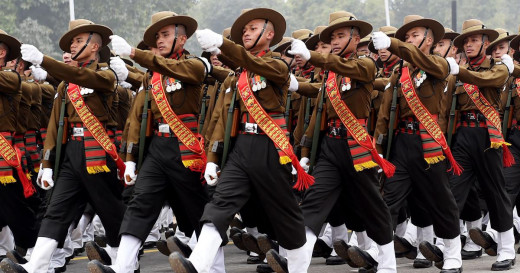
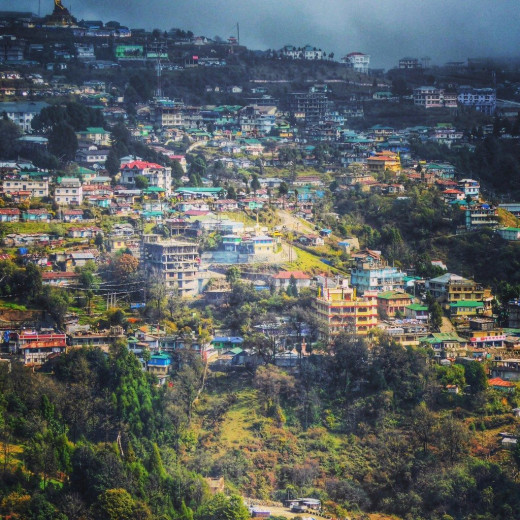
Last word
Jawaharlal Nehru came to know about it once the Indian flag has been hoisted and he was not at all happy. But as it was a fait accompli it was accepted and we have to thank the major Bob for this act of bravery. Come to think, if the Assam Governor had not taken the stand that he did, there is a real possibility that the town of Tawang would have fallen into the hands of the Chinese. Even now China claims it as part of its territory.
Major Khathing was awarded the Padma Shri by the government of India and later sent as Ambassador to Burma. He died in 1990 when he was having dinner with close friend Maharaj Kumar Priyobarta Singh, another former Assam Regiment Officer, at his cottage at Valley View, Mantripokhri, Imphal, when he had a fatal heart attack.
Twang is a beautiful place to visit and many people come and spend a lot of time at the monastery there which has one of the largest statues of Buddha in the world. Foreigners who want to come there can fly down to Calcutta and take a flight to Tezpur. From there you can take a bus or taxi or even a helicopter ride close to the Tawang. I have been to Tawang a number of times and every time I go there the beauty of the place enthralls.

